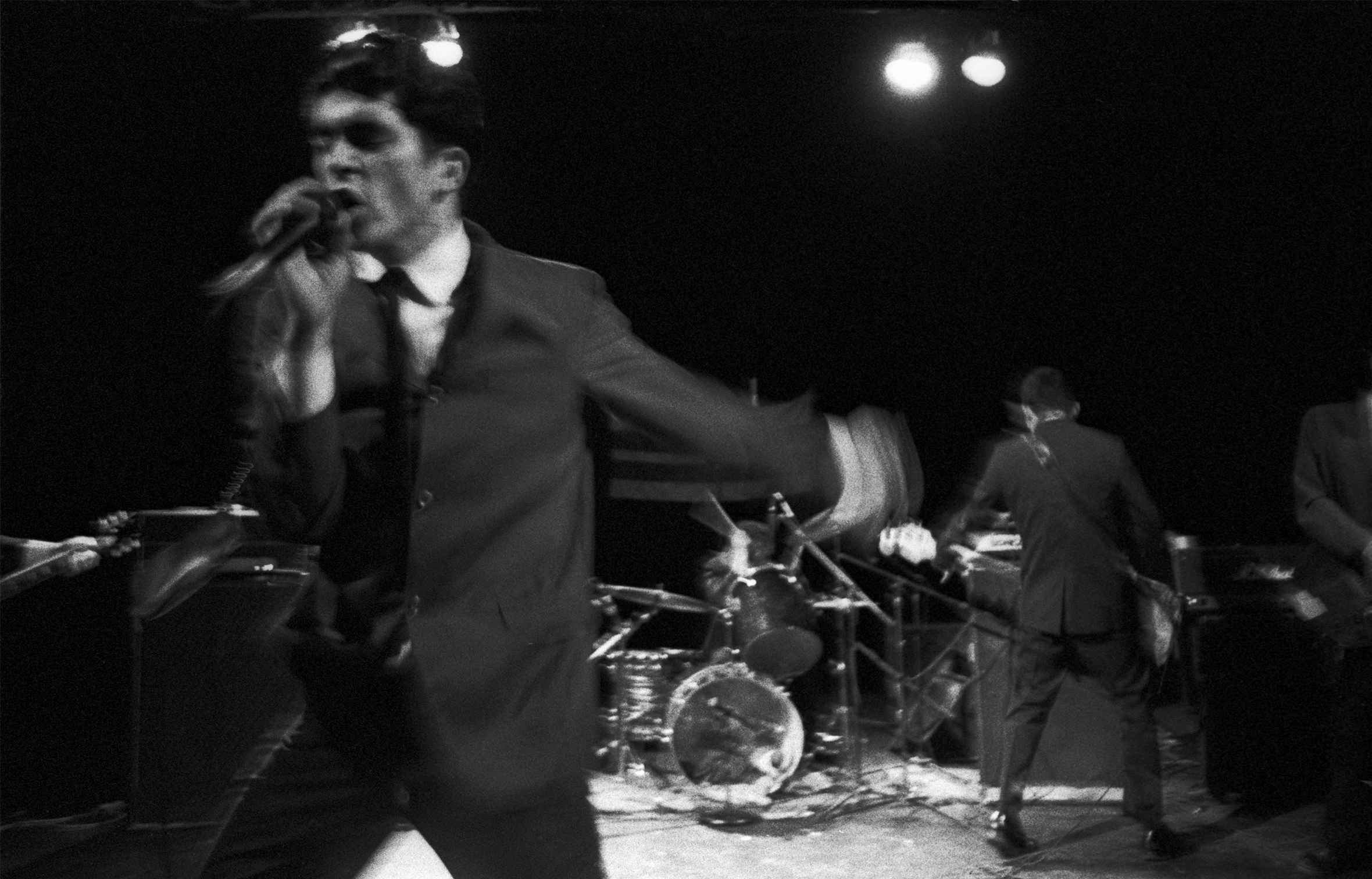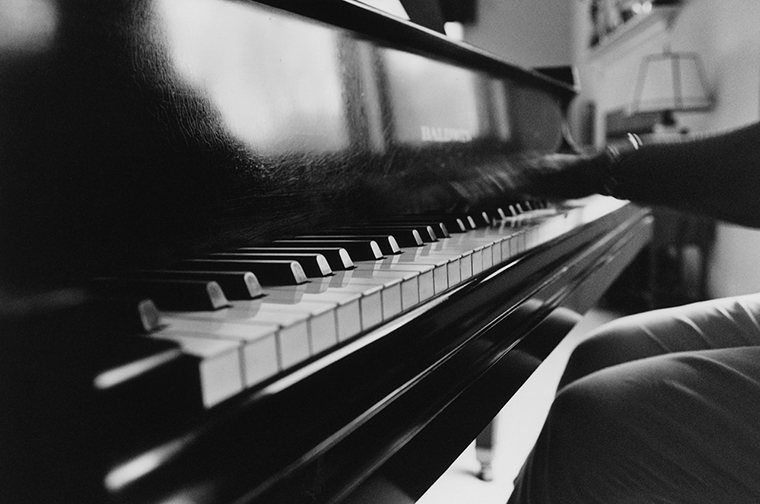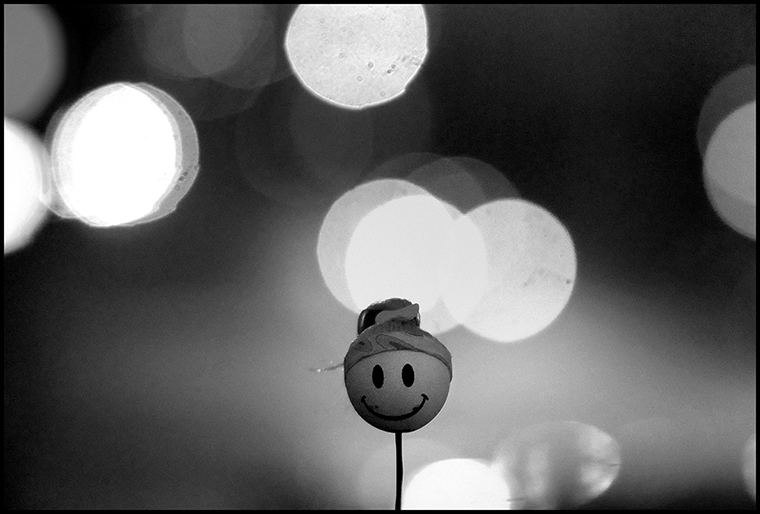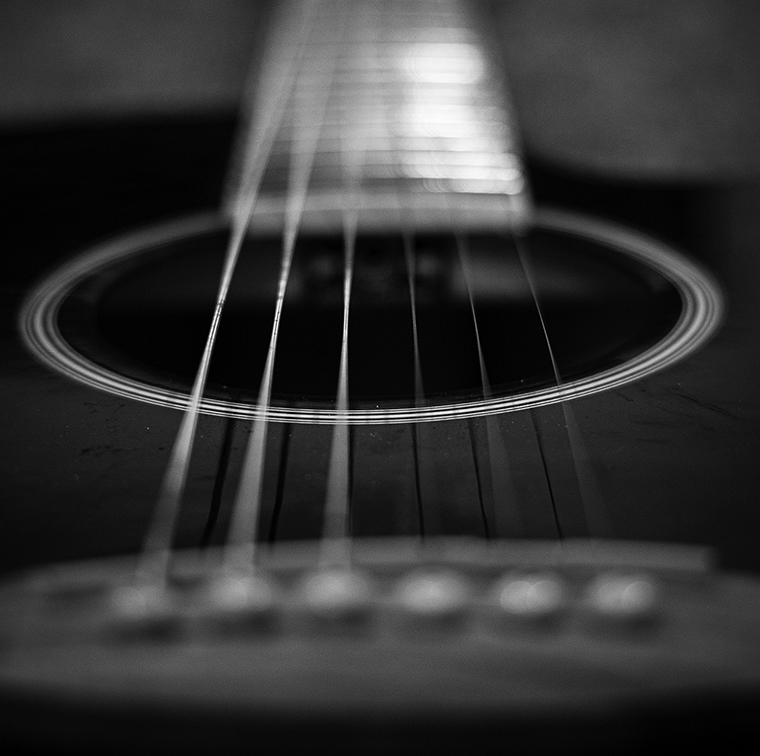We use cookies to improve our services and remember your choices for future visits. For more information see our Privacy Policy and Terms of Use.
Musical Notes
Selections from the Archives
Just like a good mixtape, the selections we’re sharing this month blend genres as they explore a common theme. They all offer surprising answers to the questions raised in our July interview with Kelefa Sanneh on what popular music can teach us about each other.
Take care and read well,
Your friends at The Sun
excerpted from Sonny’s Blues
Then Creole stepped forward to remind them that what they were playing was the blues. He hit something in all of them, he hit something in me, myself, and the music tightened and deepened, apprehension began to beat the air. Creole began to tell us what the blues were all about. They were not about anything very new. He and his boys up there were keeping it new, at the risk of ruin, destruction, madness, and death, in order to find new ways to make us listen. For, while the tale of how we suffer, and how we are delighted, and how we may triumph is never new, it always must be heard. There isn’t any other tale to tell, it’s the only light we’ve got in all this darkness.
Reprinted March 2011How I Went Punk
For two weeks now I’ve been listening to the Clash, the English punk band from the seventies. My friend Tyler sent me a box of fifty-three cassette tapes as a New Year’s gift, and I chose the first Clash album to put on. . . . It’s not the anger and noise I enjoy but the newness of the music the Clash are inventing. The full force of their innovation in 1977 is hitting me just now. Their abrasive singing and revolutionary politics warm my blood. At the age of fifty-six I am going punk!
November 2010
Nation of Ulysses at the International Pop Underground Convention in Olympia, Washington, in 1991.
We Were All Just Kids, Really
During the late eighties there were a lot of people coming of age who saw and felt the failures of the older generation in ways that bred cynicism. This cynicism drew us together, and we embraced noisy music that mirrored the dissonance in our heads, wrangling beauty out of chaotic feelings. Being in a band felt vaguely like a political act, because we were working to create some kind of path outside of an industry that constantly tried to sell subversiveness back to the youth. . . . We wanted to have some kind of impact. Despite our sense of hopelessness, we actually had songs with political content.
April 2022Let Me Be Reincarnated into the Music of a Country Band
O, God, when I die
please make a fiddle of my flesh
and a bow of my bones
then send me on to Nashville
to be born again
into the music of a country band.
We’ll mail you a free copy of this month’s issue. Plus you’ll get full online access—including more than 50 years of archives.
Request a Free Issue

